I Ching "Book of Changes" - Ancient Wisdom Guidance
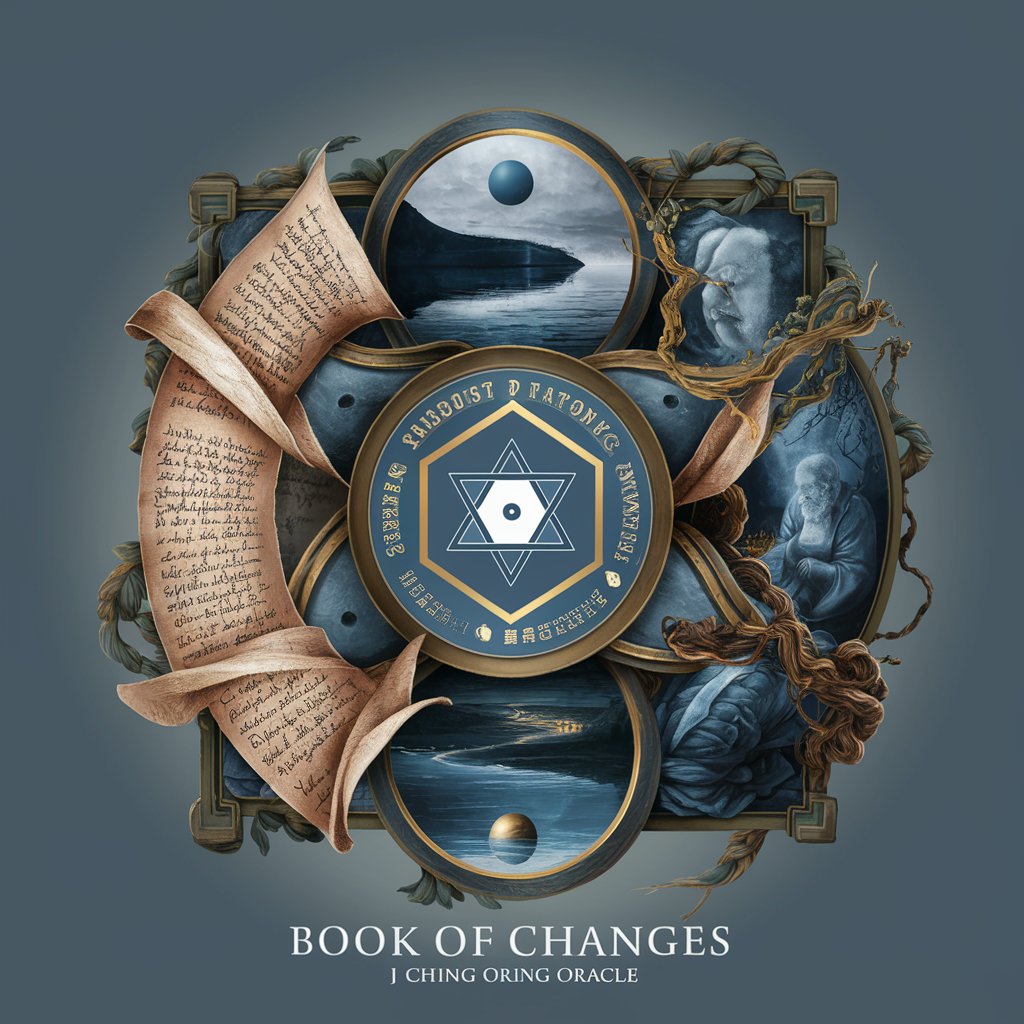
Welcome to the I Ching Oracle, your guide to ancient wisdom and modern insight.
AI-powered ancient wisdom navigator
Consult the I Ching for guidance on...
What wisdom does the Book of Changes offer about...
Seek clarity from ancient philosophies on...
How can I balance my life according to...
Get Embed Code
Introduction to I Ching 'Book of Changes'
The I Ching, or 'Book of Changes,' is an ancient Chinese divination text and one of the oldest of the Chinese classics. With a history spanning over two and a half millennia, its origins trace back to mythical antiquity. The I Ching is built on the foundational principles of yin and yang, representing the universe's dual nature. It consists of 64 hexagrams, unique combinations of six lines that are either broken (yin) or unbroken (yang), which serve as the primary symbols used for divination. The interpretation of these hexagrams provides insight into the state of human affairs, the natural world, and the cosmic principles that underlie reality. The purpose of the I Ching extends beyond simple fortune-telling; it is a tool for philosophical contemplation, ethical reflection, and personal growth. Users consult the I Ching with specific questions or dilemmas, and through a process involving coin tosses or yarrow stalks, a hexagram is generated that offers profound wisdom and guidance. For example, a person facing a career decision might consult the I Ching and receive Hexagram 14, Wealth, suggesting a period of prosperity but advising caution against arrogance. Powered by ChatGPT-4o。

Main Functions of I Ching 'Book of Changes'
Divination
Example
A user seeks advice on whether to start a new business venture.
Scenario
Through the casting of coins or yarrow stalks, the user generates Hexagram 34, Great Power, implying that it is a favorable time for bold actions, but it also cautions to maintain humility and integrity.
Philosophical Contemplation
Example
A user reflects on their personal development journey.
Scenario
Consulting the I Ching might result in Hexagram 64, Before Completion, suggesting that while progress has been made, patience and caution are necessary to ensure success.
Ethical Guidance
Example
A person is conflicted about how to handle a difficult relationship.
Scenario
The I Ching might offer Hexagram 6, Conflict, advising the importance of open communication and seeking a middle ground, emphasizing that resolution comes from understanding and compromise.
Ideal Users of I Ching 'Book of Changes' Services
Spiritual Seekers
Individuals exploring spiritual growth, seeking deeper understanding of themselves and the universe. They find the I Ching's integration of Taoist, Confucian, and Buddhist principles enriching for their journey.
Decision Makers
Professionals, entrepreneurs, and anyone at a crossroads benefit from the I Ching's insights into potential outcomes and ethical considerations, aiding in making informed decisions.
Philosophy Enthusiasts
Those interested in the philosophical and ethical underpinnings of human behavior and cosmic order appreciate the I Ching's depth, using it as a tool for reflection and discussion.

Guidelines for Using I Ching 'Book of Changes'
Begin your journey
Start by visiting yeschat.ai for an introductory trial, no signup or ChatGPT Plus required.
Set your intention
Clarify your question or the situation you seek guidance on. Be specific but open to insights.
Generate your hexagram
Use three coins to cast six lines, building from the bottom up. Each toss of the coins determines a line of your hexagram.
Interpret the symbols
Consult the I Ching text to interpret the hexagram's meaning, focusing on how it applies to your question or situation.
Reflect and apply
Meditate on the guidance received, considering how it can be applied to your life or the issue at hand.
Try other advanced and practical GPTs
Changes
AI-powered Chinese Cultural Insight
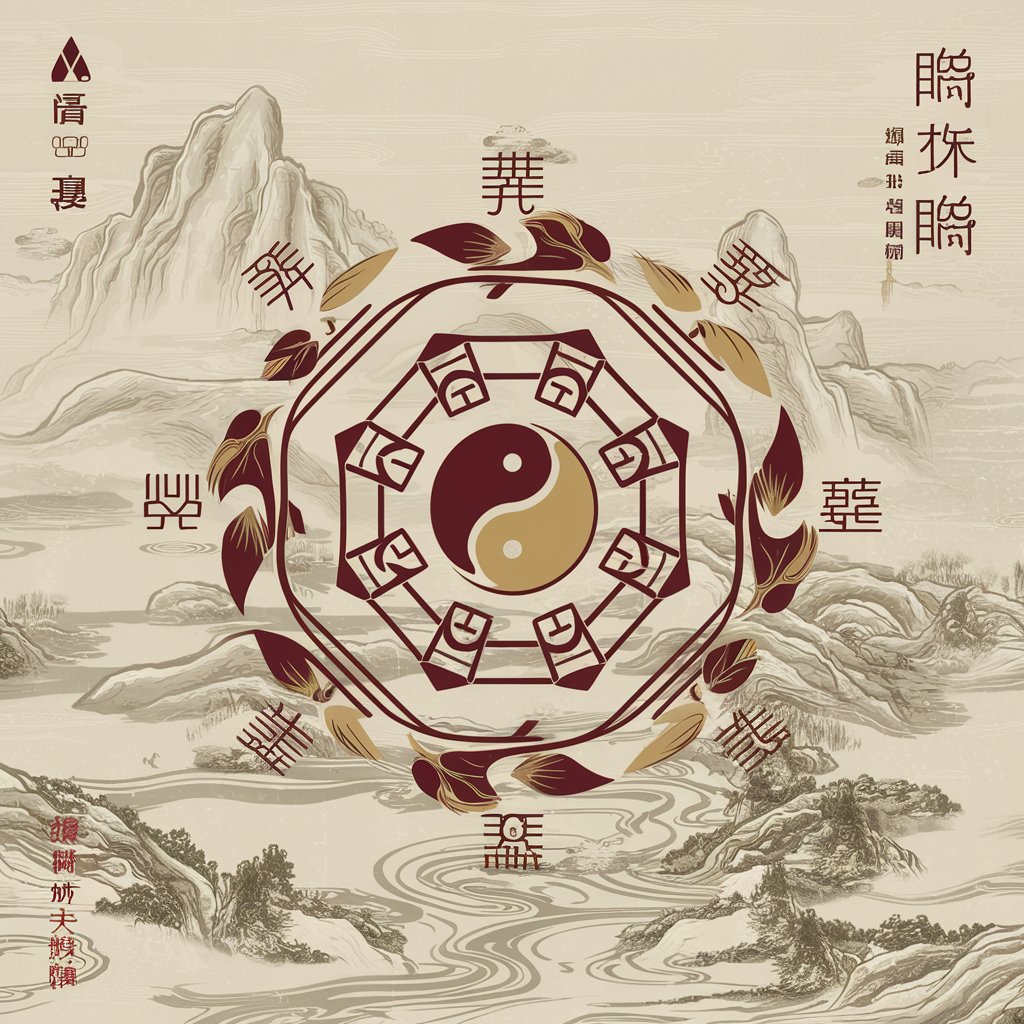
Everything Meditation Changes - Craig Hamilton
Unlocking life's potential through meditation
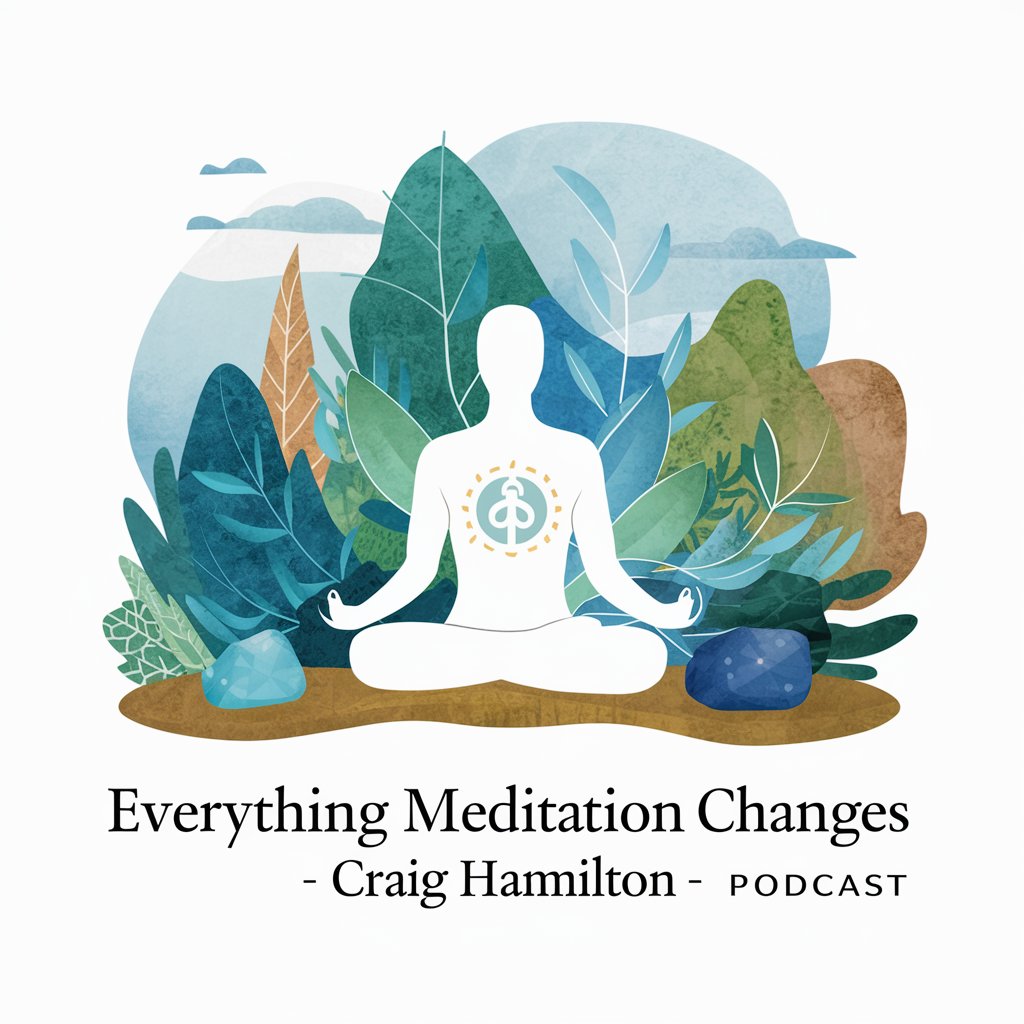
Exponential Changes
Empowering Creativity with AI

Changes
Empowering Creativity with AI

X Thread Expert
Craft Engaging Twitter Threads with AI

OtakuGPT
Discover Anime with AI
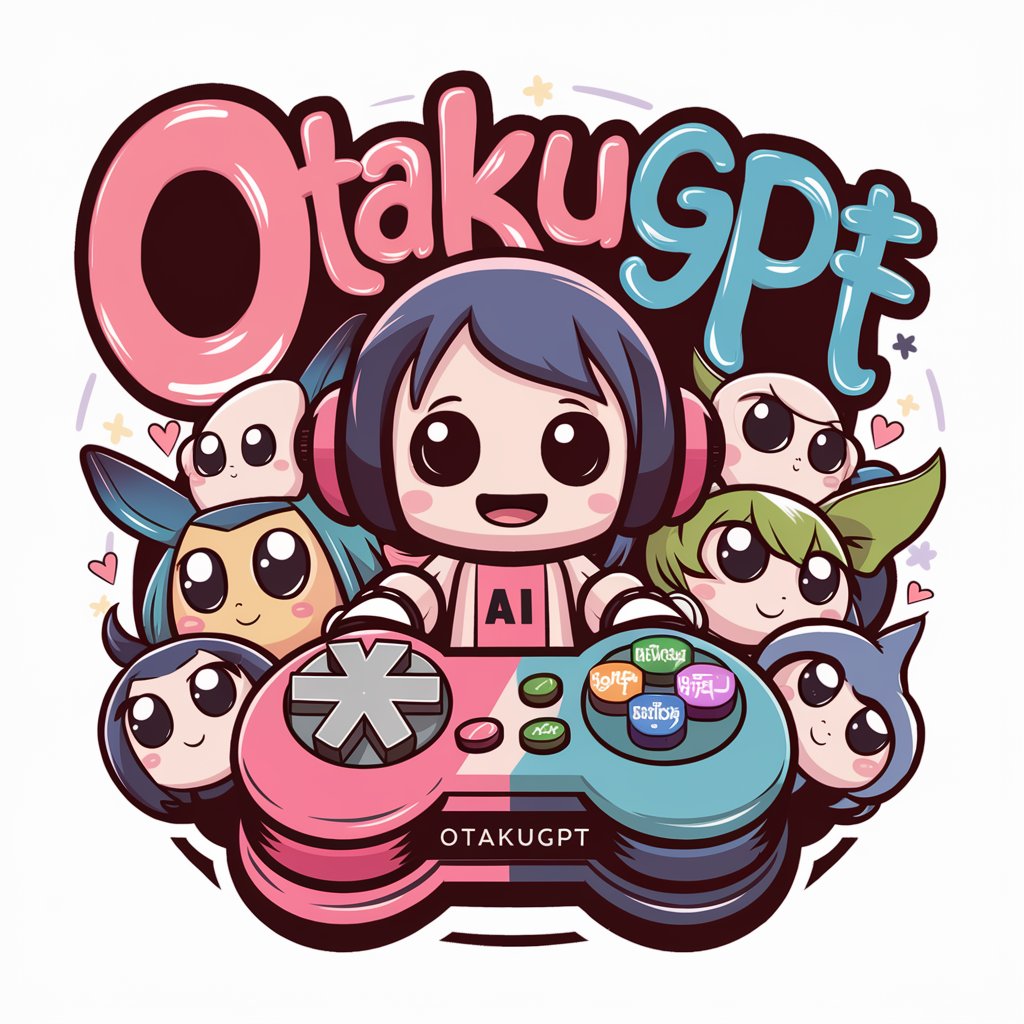
Book of Changes: I Ching ( 易经 )
Ancient Wisdom, Modern AI Guidance
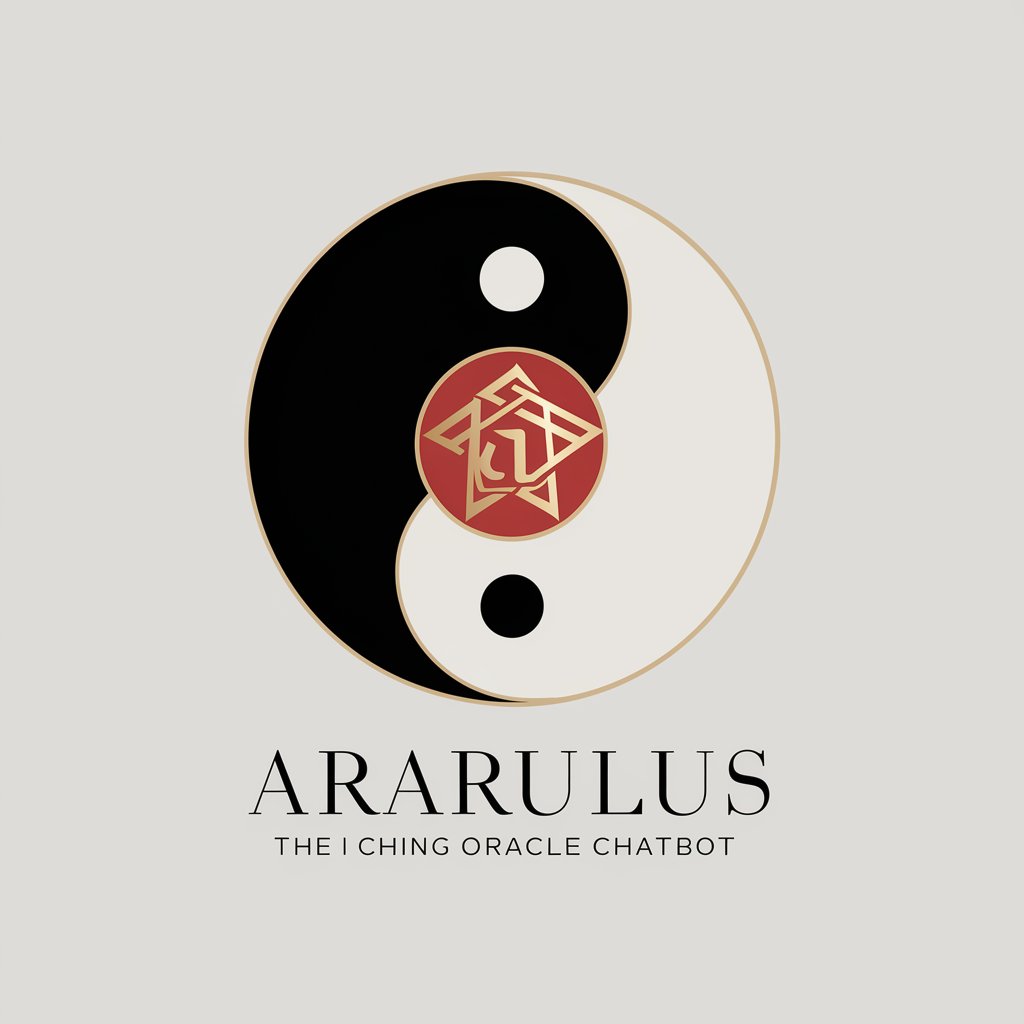
PrintOnDemand Game Changer
Empowering Your Print on Demand Journey with AI

Karteikarten Lern Assistent
Master technical subjects, effortlessly.

数据要素X
Elevating Data Security with AI Insights

大数据课程
Empower your big data journey with AI
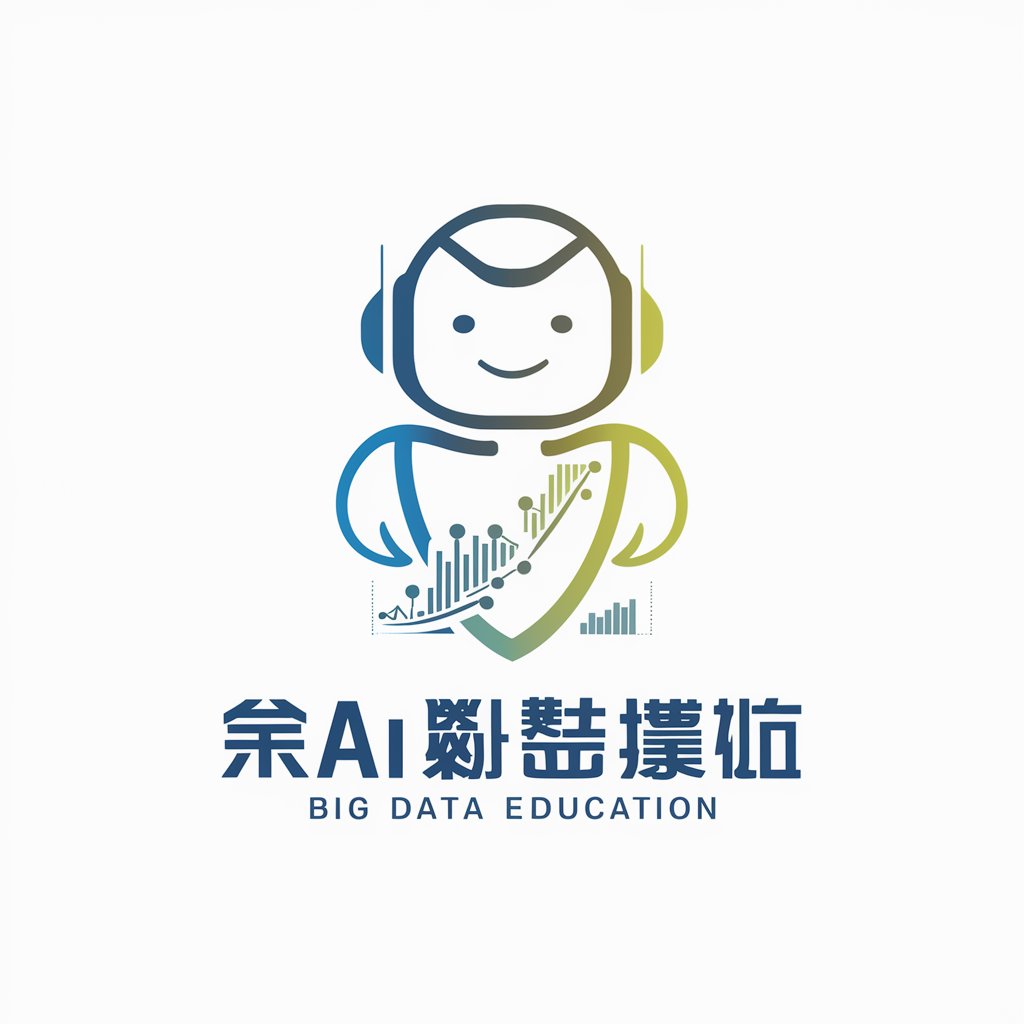
数据可视化工具
Transform data into insight with AI.
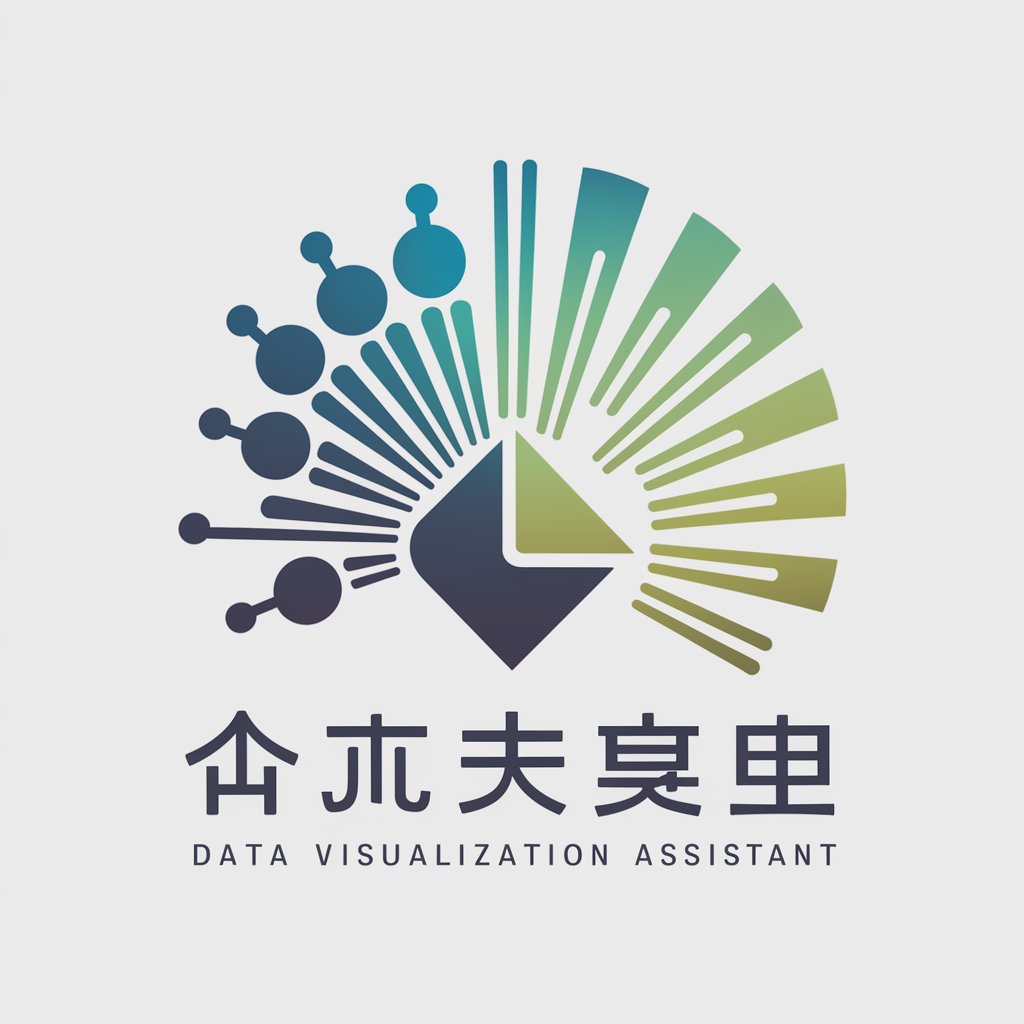
Detailed Q&A about I Ching 'Book of Changes'
What is the I Ching 'Book of Changes'?
The I Ching, or 'Book of Changes,' is an ancient Chinese divination text and one of the oldest of the Chinese classics. It offers wisdom and guidance through a system of 64 hexagrams, which represent all possible situations and conditions in life.
How can the I Ching assist in personal development?
The I Ching encourages self-reflection and mindfulness by providing philosophical insights and ethical guidance. It can help individuals understand underlying patterns in their lives, fostering personal growth and ethical transformation.
Can the I Ching be used for making decisions?
Yes, the I Ching can be a tool for decision-making by offering a deeper understanding of the dynamics at play in a given situation. It encourages weighing options carefully and considering ethical implications.
How does one interpret the hexagrams?
Interpreting hexagrams involves understanding the meanings of the individual lines and their positions, as well as the overall symbol. Consulting the I Ching text provides insights into each hexagram's meaning and advice.
What is the role of intuition in using the I Ching?
Intuition plays a crucial role in the I Ching. While the text offers guidance, interpreting its relevance to your personal situation requires an intuitive understanding, making the advice more meaningful and applicable.
